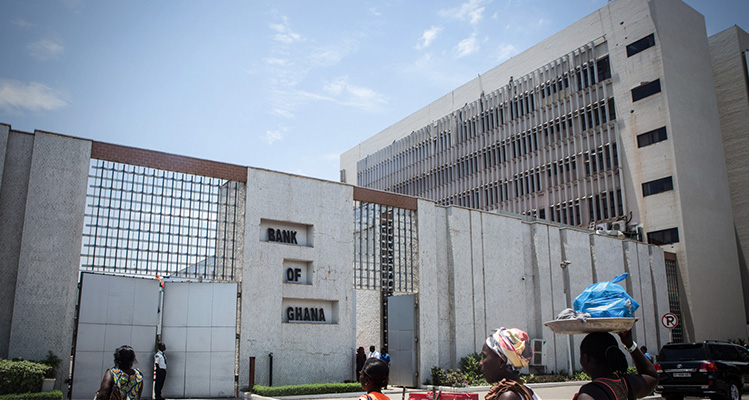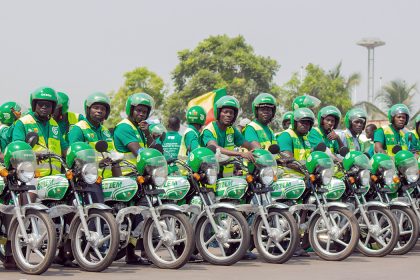Ghana’s inflation rate climbed to a four-month high in October, raising doubts about another interest rate cut later this month.
Consumer prices increased by 22.1% from September’s 21.5%, according to Government Statistician Samuel Kobina Annim.
Why it matters
The Bank of Ghana may hesitate on further monetary easing given this inflation jump. With the US Federal Reserve indicating a slower approach to its own monetary easing, pressure mounts on Ghana’s central bank to reassess its strategy.
Mark Bohlund, senior credit analyst at REDD Intelligence, suggests that the renewed inflation momentum could disrupt Ghana’s planned rate cut.
The numbers
- Current inflation: 22.1% (up from 21.5% in September)
- Key rate cut in September: From 29% to 27%
- Inflation target: The Bank of Ghana aims for inflation to ease to around 18% by year-end.
Zoom out
The inflation spike is primarily driven by food prices, which surged 22.8% year-on-year, with eggs up by 72.9% and dried pepper prices soaring by 91.8%.
Non-food items also saw a rise, with inflation hitting 21.5%.
What’s next
The Bank of Ghana’s final rate decision of 2024 is set for November 25, just days before the country’s presidential election.
Economic challenges have weighed heavily on the ruling New Patriotic Party, with incumbent Mahamudu Bawumia set to face former president John Dramani Mahama.
In the markets
Ghana’s cedi slid 0.2% to 16.4 per dollar, hitting a record low as the US dollar gained strength following Donald Trump’s election victory.
The bottom line
Rising inflation and a weakening currency pose significant challenges for Ghana’s economy and may alter the course of the country’s monetary policy heading into the election season.
Source: Bloomberg










